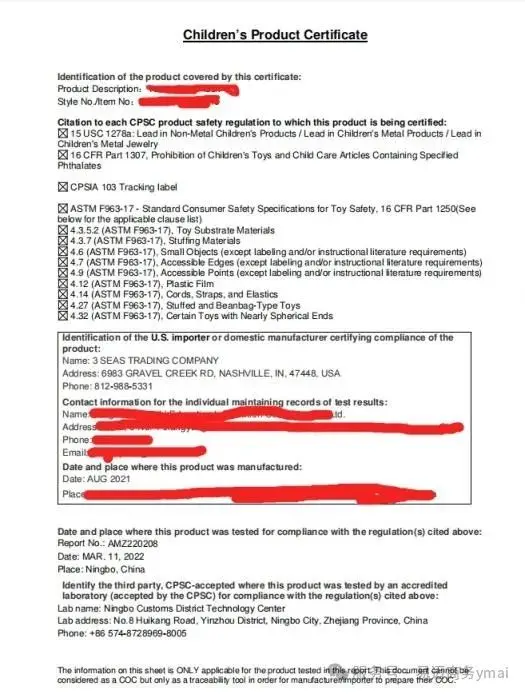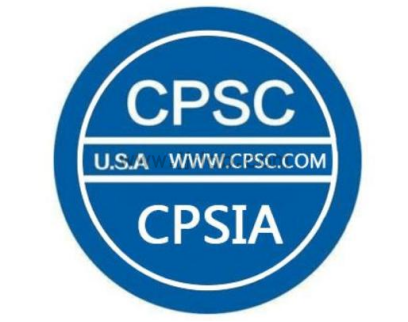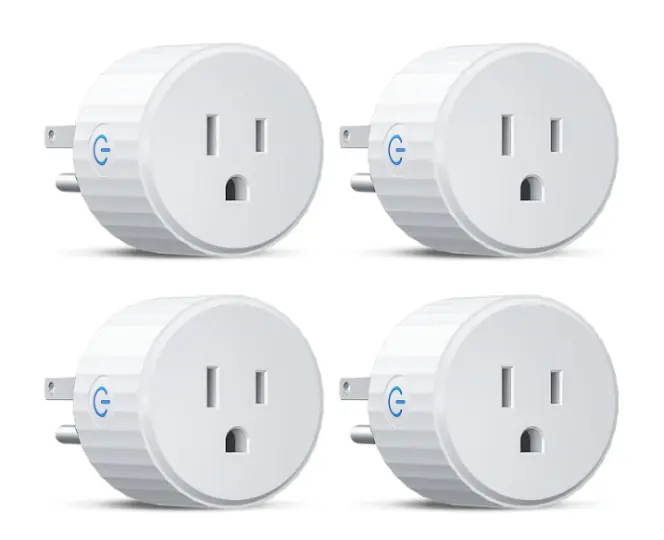
Battery CB Certification Test
1. Introduction to International cb certification
The IECEE-CB system is a global mutual recognition system for electrical product safety test results, established by the International Electrotechnical Commission (IEC) through the IECEE. Its aim is to reduce international trade barriers caused by varying national certification or approval criteria. The CB system enables mutual recognition of test results for 19 categories of electrical products, including batteries, household appliances, information technology equipment, and medical electrical devices, based on IEC safety and electromagnetic compatibility (EMC) standards.
2. Importance of Battery CB Certification
A CB certification provides evidence that a representative sample of the product has successfully passed testing, demonstrating compliance with relevant IEC standards. The CB certificate and corresponding test report act as a passport, allowing manufacturers to apply for global certification from national bodies in countries or regions participating in the CB system. This can eliminate or reduce additional testing requirements, shortening market entry time, reducing costs, and accelerating product export. In markets without their own certification systems, CB certification serves as proof of international-level certification or approval.
3. Scope of Battery CB Certification
Portable sealed secondary cells and batteries containing alkaline or non-acid electrolytes include nickel cells, nickel batteries (packs), lithium-ion cells, and lithium-ion batteries (packs), as well as rechargeable batteries and battery packs for portable equipment.
4. CB Certification Standards for Batteries
- Portable secondary cells/batteries/power banks: IEC 62133, IEC 62368
- Lithium batteries/power banks: IEC 62368
- Secondary cells or batteries with alkaline or non-acid electrolytes: IEC 61951
- Power battery cells (lithium): IEC 62660
- Energy storage battery cells/systems (lithium): IEC 62619 / IEC 62620 (performance requirements for industrial use)
- Energy storage battery systems (lithium): IEC 60730 Annex H (BMS functional safety evaluation)
5. CB Certification Testing Requirements for Batteries
- Nickel Series: Nickel cells undergo pre-treatment, continuous charging tests, overcharging tests, forced discharge tests, external short-circuit tests, temperature cycling tests, vibration tests, free fall tests, impact tests, crush tests, altitude simulation tests (low pressure), thermal abuse (thermal shock), and incorrect installation tests. Nickel batteries (packs) are tested for pre-treatment, overcharging, external short-circuit, temperature cycling, vibration, free fall, impact, and high-temperature molded case stress.
- Lithium Series: Lithium-ion cells undergo pre-treatment, continuous charging tests, forced discharge tests, external short-circuit tests, forced internal short-circuit tests, free fall tests, crush tests, and thermal abuse (thermal shock) tests. Lithium-ion batteries (packs) undergo pre-treatment, overcharging, external short-circuit, free fall, and molded case stress tests.
6. Notes on Battery CB Certification
1. Regarding the application for a cb test certificate, consider the following:
- (1) The application can be submitted by the applicant to any "issuing/recognizing" body that covers the product range.
- (2) The applicant can be either the manufacturer or an authorized entity representing the manufacturer.
- (3) Applicants located in countries without an IECEE member body must pay additional fees for each CB test certificate, which compensates for system operation costs. These fees are collected by the body handling the CB application and transferred to the IECEE account.
- (4) Applicants may request product testing based on the national differences of the target market.
2. To obtain product certification in the target market, the following procedures apply:
- (1) Submit an application to the agency in the target country.
- (2) Provide the CB test certificate.
- (3) Provide the CB test report (which may include national differences).
- (4) When required by the NCB in the target market, provide product samples.
The purpose of requesting samples is to verify that the product is consistent with the one originally tested and that national differences have been addressed.
3. National Differences:
National differences refer to variations between a country's standards or regulations and the corresponding international standards. All national differences from CB member countries are submitted to the IECEE Secretariat and published in the CB Bulletin.
4. No factory inspection is required for CB certification.
Email:hello@jjrlab.com
Write your message here and send it to us
 Toy Toxicology Testing CA
Toy Toxicology Testing CA
 CPSIA Compliance for Children's Products
CPSIA Compliance for Children's Products
 Food Contact Items Testing
Food Contact Items Testing
 Energy Star Testing Laboratory
Energy Star Testing Laboratory
 Do I Need to Test Every Color for CPSIA Compliance
Do I Need to Test Every Color for CPSIA Compliance
 Accredited Medical Device Testing Lab
Accredited Medical Device Testing Lab
 Safety Testing for Baby Wrap
Safety Testing for Baby Wrap
 United States Electrical Plug Certification
United States Electrical Plug Certification
Leave us a message
24-hour online customer service at any time to respond, so that you worry!




